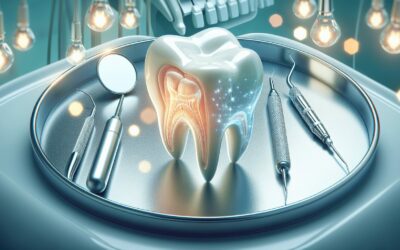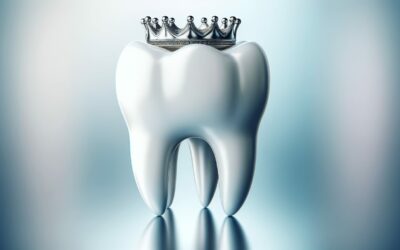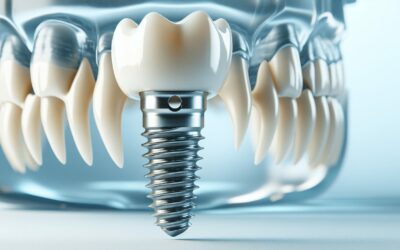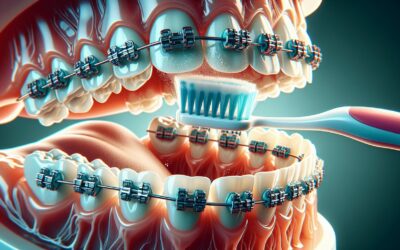Welcome to "How Can I Prevent Dry Mouth?"—your go-to guide for ensuring your mouth stays as hydrated as your personality. At Sweet Water Dentistry, we know that a dry mouth can be more than just an...
What Are The Signs That I May Need A Tooth Extraction?
You know that moment when you're biting into an apple and feel a sharp pain radiate through your jaw, like lightning striking the same spot twice? Well, that could be one of the telltale signs that...
What Is A Root Canal, And When Is It Needed?
So, you've heard your dentist drop the words "root canal" and instantly, your mind jumps to every nerve-wracking dental horror story you've ever heard. But before you start imagining drills and...
How Can I Protect My Teeth If I Play Sports?
So, you're hitting the field, court, or pitch, ready to give it your all. But before you do, have you ever thought about protecting those pearly whites? At Sweet Water Dentistry, Dr. Phillip N....
What Should I Do If My Gums Bleed When I Brush Or Floss?
If you've ever experienced that unsettling sight of bleeding gums after brushing or flossing, you're certainly not alone. At Sweet Water Dentistry in Fairhope, AL, Dr. Phillip N. Greer, D.D.S., and...
How Long Do Fillings, Crowns, And Other Dental Restorations Last?
At Sweet Water Dentistry, we understand that dental restorations like fillings and crowns are essential investments in your oral health, and you want to know how long they’ll serve you. Generally,...
What Are The Risks And Benefits Of Dental Implants?
In the world of dental care, you're bound to encounter the topic of dental implants, a favored solution for restoring that confident smile. These implants offer a range of benefits, including...
How Can I Maintain My Oral Health While Wearing Braces?
How Can I Maintain My Oral Health While Wearing Braces?" Navigating the journey of maintaining your oral health while wearing braces can feel like embarking on a thrilling yet daunting adventure....
What Is Fluoride Treatment, And Is It Necessary For Me?
At Sweet Water Dentistry, your comfort and oral health are our top priorities. Nestled down by the picturesque bay, our practice offers a tranquil and welcoming environment for all your dental...
Can My Dentist Help With Snoring Or Sleep Apnea?
At Sweet Water Dentistry in Fairhope, Alabama, you'll find a warm, welcoming dental family ready to help with more than just your routine cleanings. Dr. Phillip N. Greer, D.D.S., and his team take...









